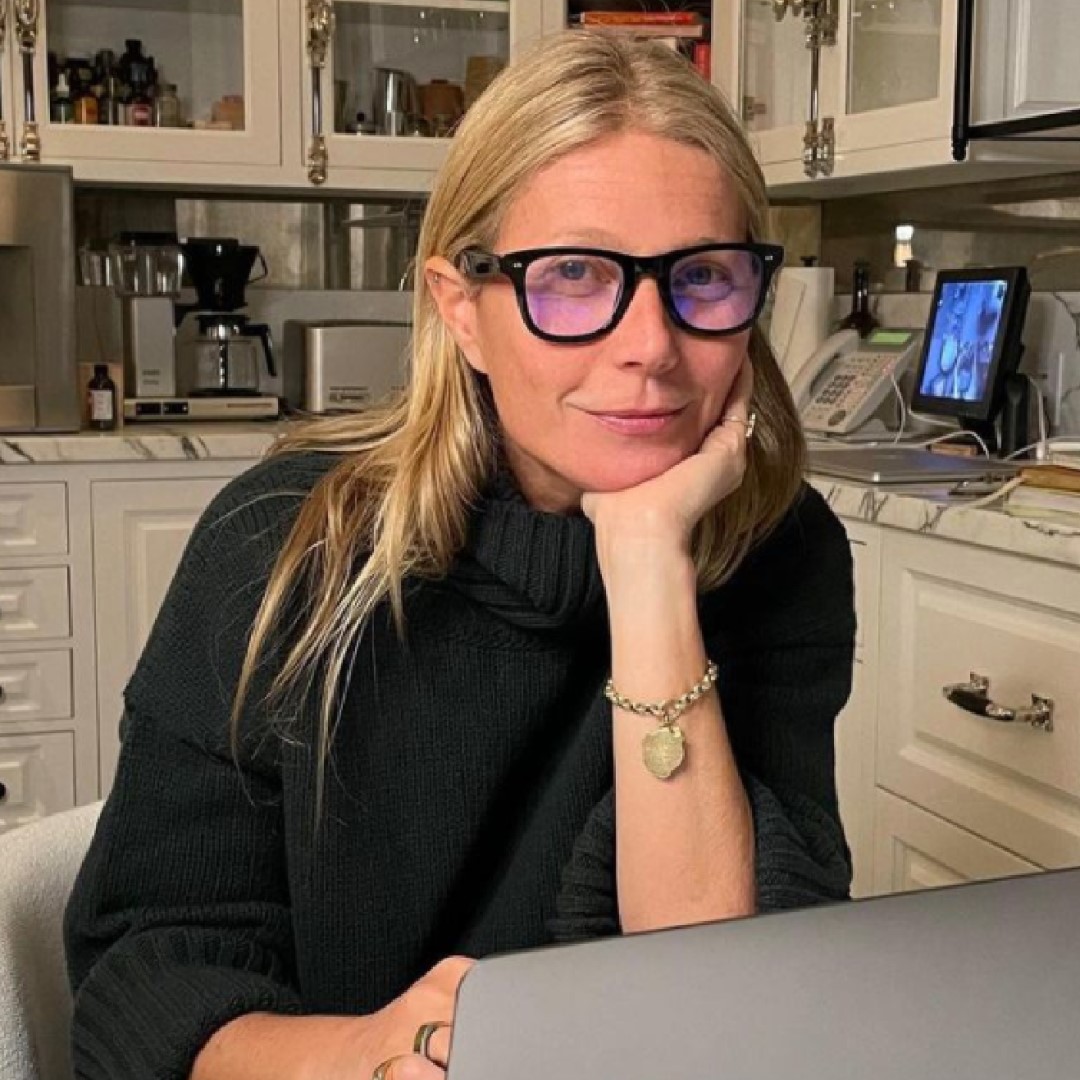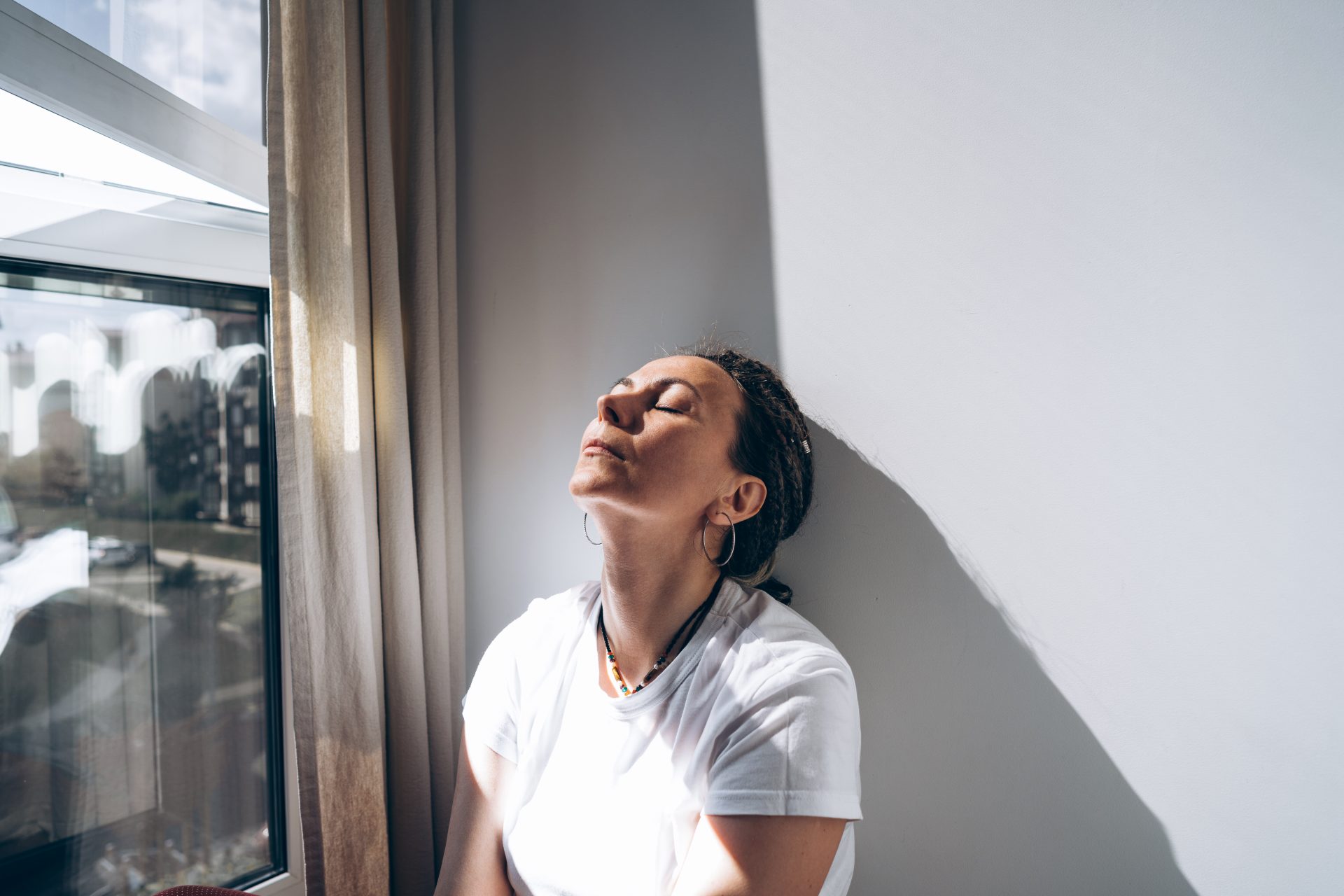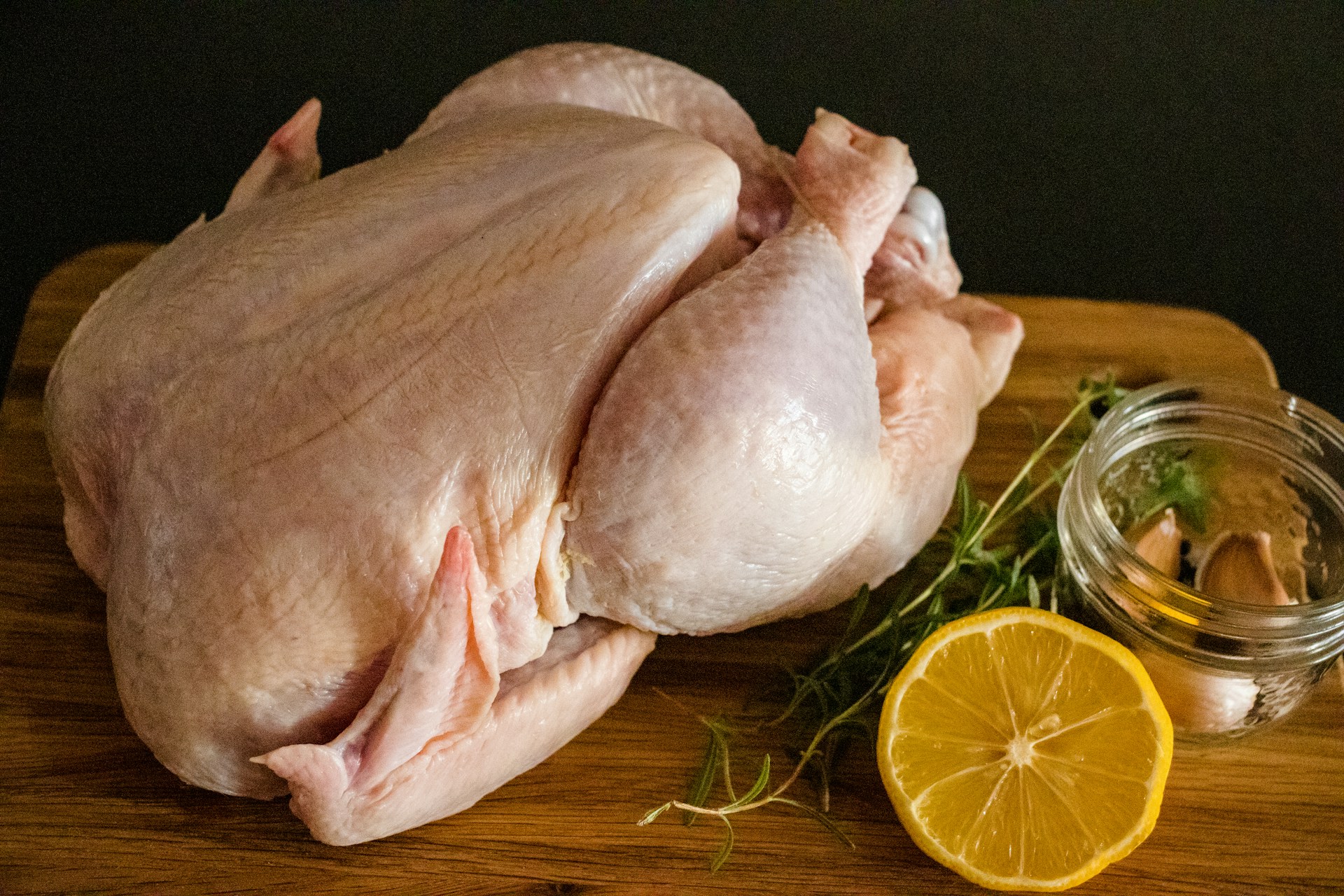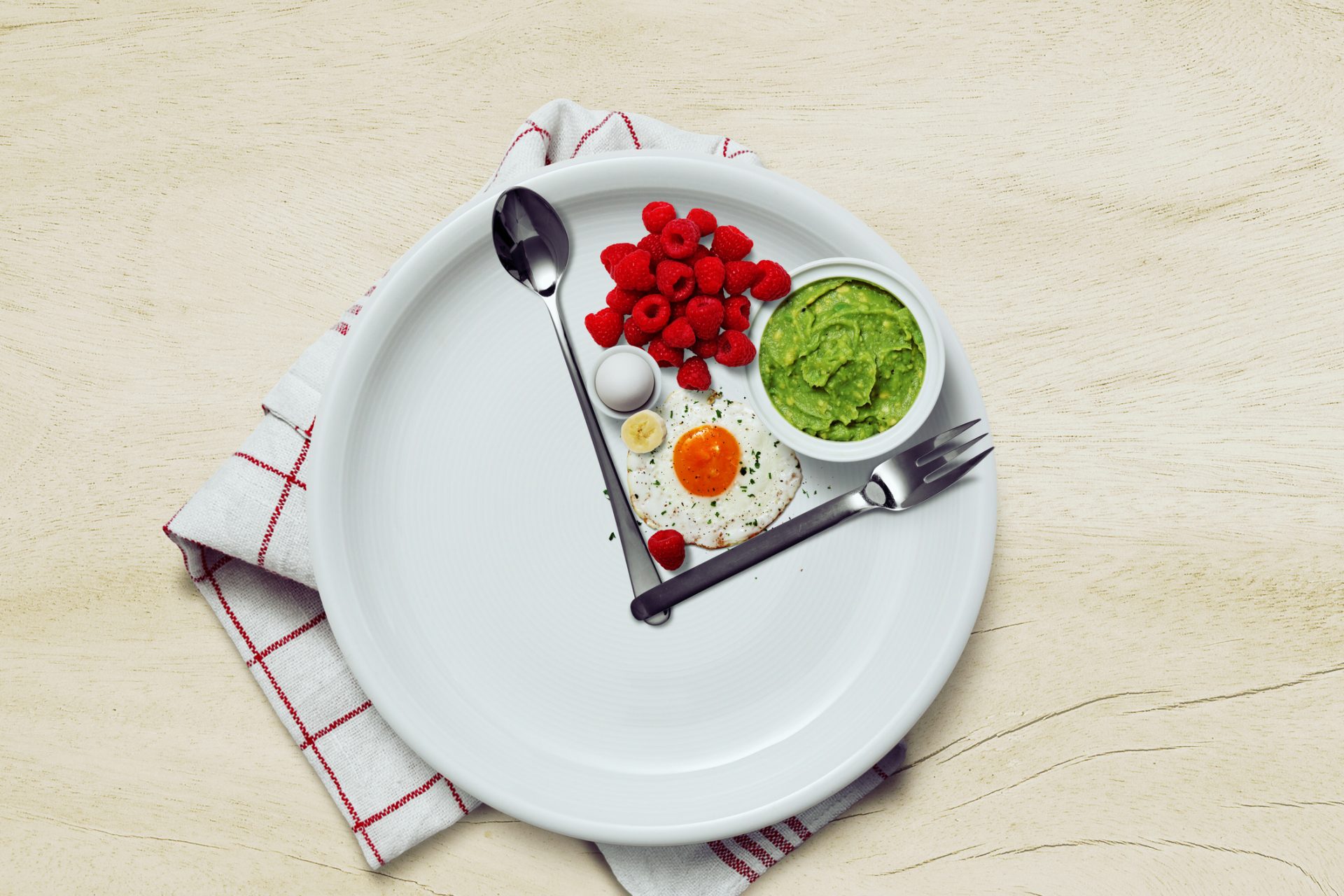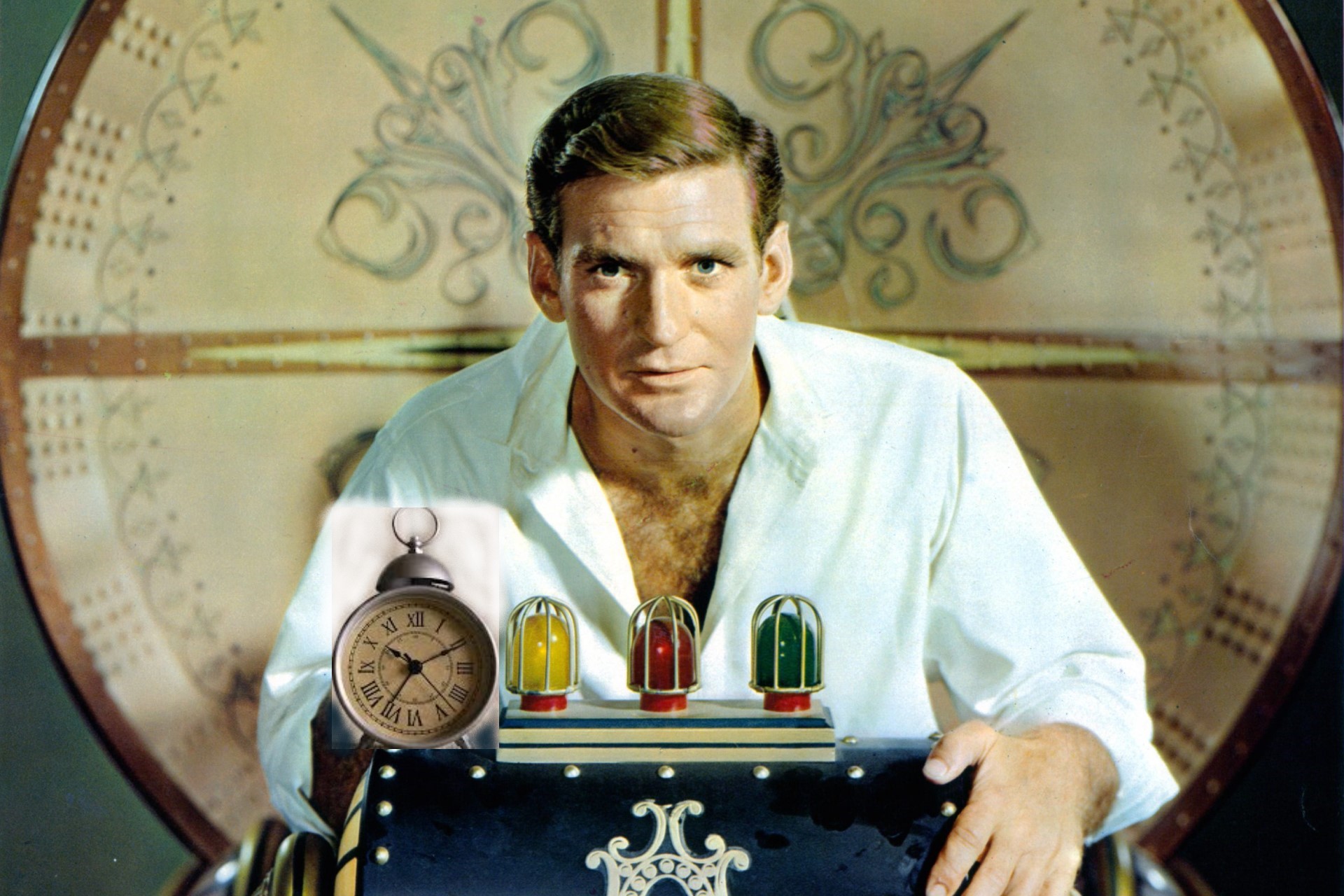Health tips from Gwyneth Paltrow
When Gwyneth Paltrow was recovering from COVID-19 in 2021, she suffered from its after-effects and sought a cure. The famous actress-turned-wellness-guru decided to go on a special plant-based diet that she described as "intuitive fasting." The diet was very extreme though.
On her wellness site (and store) Goop, Gwyneth Paltrow revealed that she'd had COVID-19 in an early stage of the pandemic. It left her with "some long-tail fatigue and brain fog," two symptoms that others have mentioned as after-effects of the virus. According to the actress, a combination of dieting and sauna sessions helped her recover.
Paltrow's "intuitive fasting" regime involved a "keto and plant-based" diet without sugar or alcohol. Importantly, one should not eat anything until 11:00 in the morning. In addition, the actress went into regular, infrared saunas to get rid of damaging substances in her body. She called it a 'Longer-Term Detox.'
Photo: Gwyneth Paltrow / Instagram
The British NHS was sufficiently shaken by Gwyneth Paltrow's method that it released a special statement.
"In the last few days I see Gwyneth Paltrow is unfortunately suffering from the effects of Covid," medical director Stephen Powis of the British health organization said. "We wish her well, but some of the solutions she's recommending are really not the solutions we'd recommend. We need to take long Covid seriously and apply serious science."
It was one of several health controversies surrounding Gwyneth Paltrow and her wellness company Goop. While the online health store and information center made Gwyneth Paltrow a powerful businesswoman, it also put the actress at the center of various controversies.
Picture: Gwyneth Paltrow / Instagram
Goop is an online store that began as a humble business venture in 2008 when Oscar-winning actress Gwyneth Paltrow started sending out a weekly newsletter with recommendations on lifestyle, health, and well-being.
Over time, the newsletter grew into an online company with its own line of fashion, cosmetics, fragrances, food, and decorative artifacts. Goop also publishes books and organizes wellness seminars. A powerful enterprise, it has an estimated value of $250 million, the New York Times reports.
One of the most talked about controversies for Goop involved the brand's v@ginal eggs. Gwyneth Paltrow's page claimed that the jade egg and the pink quartz egg helped control the bladder, regulate menstruation, and balance hormones. But the California Bureau of Consumer Protection claimed that all this was unscientific and Goop had to pay a substantial fine.
As reported in the US edition of Elle Magazine, Gwyneth Paltrow's company had to pay a $145,000 fine for "misleading advertising." Furthermore, the Orange County District Attorney's Office said they would protect "consumers from companies that promise health benefits without the support of science."
Among Gwyneth Paltrow's most successful sections in Goop are the Detox Guides. They have millions of readers. In one of them, the actress recommends the use of an 'Implant-O-Rama'. This device makes a coffee enema that, according to the guide, helps to purify the body by cleaning the colon. The device, including a glass jar, costs $135.
Gwyneth Paltrow herself says in Goop that this enema "relieves depression, intense pain, tension, confusion and allergy symptoms." In response to the guide, health experts spoke up in Forbes and said that this practice could be dangerous for your health. Basically, they say: don't do it at home without professional supervision!
In another Goop tutorial, Gwyneth Paltrow encourages the reader to take steam baths in the v@gina in order to "cleanse her uterus and balance the female hormone levels." Gynecologists do not agree with her about this method.
Among its hundreds of products, Goop offers a 'Psychic Vampire Repellent.' It's a combination of therapeutic gems and oils to "banish bad vibes and protect you from the people who are causing them." At what price is the vampire repellent sold? Just a little over $27 a gallon.
Without a doubt, one of the actress's most surprising controversies came with an Instagram leak of a conversation Gwyneth Paltrow had with some colleagues at Goop. She said: "Octopuses are too smart to be eaten. They have more neurons in their brain than we do. I had to stop eating them because I was afraid they would escape from SeaWorld or unscrew drains."
Another source of income for Goop and Gwyneth Paltrow is the sales of cookbooks. One of its best-sellers, 'My Father's Daughter,' presented not only gastronomical but also hygiene problems, experts said.
The problem with the chicken recipe in 'My Father's Daughter' was that it failed to give the optimal temperature for the dish, which might cause health risks from undercooked chicken. And there are more cookbooks with errors. In 'It's All Good,' the actress suggested cleaning chicken under the tap, which is something the UK Food Standards Agency strongly discourages. By the way, each recipe book costs $32.
Photo: JK Sloan / Unsplash
When NASA has to come out and sue you, you must have done something seriously wrong. Goop marketed a series of 'Wellness Stickers' that were supposedly made from "the same conductive carbon material that NASA uses for its astronauts' spacesuits." It was Harper's Bazaar that picked up on the scandalous claim and directly quoted several NASA scientists to counter it.
Naturally, Goop had to change the name of the stickers. It rebranded them as a product that "rebalances the body's energy frequency, creates a calming effect, and softens physical tension and anxiety." The price of the wellness stickers was $120 for a pack of 24. Put differently, one sticker cost $5.
Photo: Goop
In an interview with The New York Times, Gwyneth Paltrow revealed she was "open to anything" when it comes to beauty. She admitted that she let bees sting her. "It's a thousands of years old treatment known as apitherapy. It's incredible... but painful."
According to Gwyneth Paltrow, the venom from bee stings reduces inflammation and scarring. Contraindications? Possible allergic reactions are severe enough to even cause heart failure.
"If you want to mess with me, bring out the big guns." With this message on social media, Gwyneth Paltrow warned those who criticized her recommendations. Jen Gunter, a Canadian gynecologist, decided to focus on the actress and go big against her 'nonsensical therapies'. "Dear Gwyneth, don't even think about it: the scientific community will not stop correcting you." And it hasn't.
Dr. Gunter writes in her blog that she has "taken the truth about Goop very seriously. I do this because I consider pseudoscience to be dangerous and it makes me angry that people are spending money on senseless therapies." For example, she attacked one of Goop's detox juices, saying it "contains too much arsenic for my taste." She also criticized the aforementioned steamy douches and bee venom treatment.
In an interview with psychologist Traci Mann, published on Goop, Gwyneth Paltrow tried to introduce the concept of "minimum necessary weight for life." Basically, it involved calculating how much someone can lose without endangering their life.
Dr. Giles Yeo of Cambridge University criticized the use of such "confusing terminology" in The Daily Mail. Articles on 'minimum necessary weight' by Goop "could promote the idea that borderline starvation is not dangerous."
Goop has been so popular that Netflix decided to give it a space on its platform and launch the documentary series 'The Goop Lab.' From the moment its poster was released, the show stirred controversy. The poster shows Gwyneth Paltrow, dressed in pink, in front of a suspiciously wavy background that looks like a woman's private parts. "Reach new depths," it says.
And then there was the polemic surrounding Goop's assortment of curious candles. "With a fun, beautiful, se*y, and unexpected aroma, this candle is made of geranium, citrus bergamot, cedar, and Dasmaco rose." The aim of the candle is "to remind us of fantasy, seduction and sophisticated warmth...."
Photo: Dan Smedley / Unsplash
As it turns out, the candle smells like Gwyneth Paltrow's v@gina. Or at least, that's what the actress said when she described the candle's fragrance. It's also the description on the candle's package - a product that sold out quickly, by the way.
Gwyneth Paltrow and Goop continue to expand across the world. Today, the company is valued at $250 million, Women's Health reports, and everything points to more growth. In order to stay in the picture, Gwyneth Paltrow will continue to generate controversies about her products. Or, as marketing experts call them, free publicity.
Follow Showbizz Daily to stay informed and enjoy more content!



